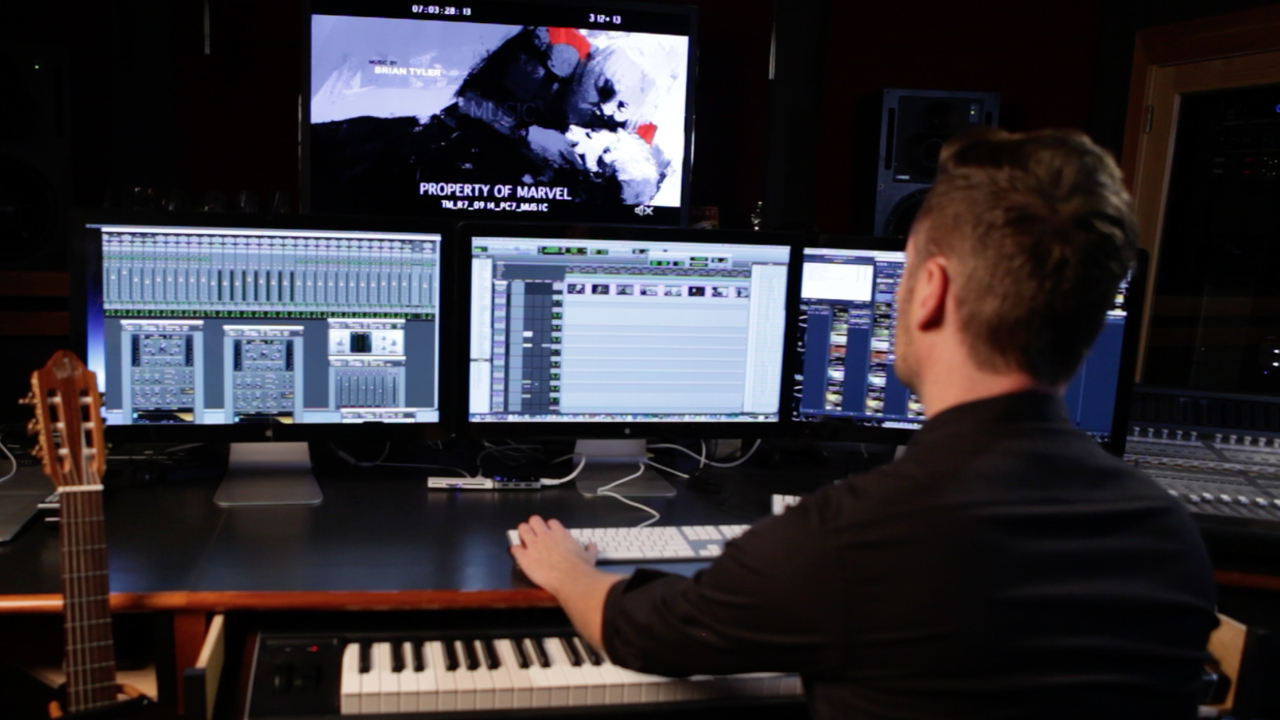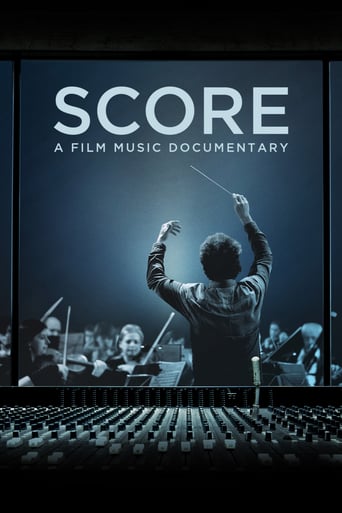

A wonderful film, that hits all the right beats and evokes an often overlooked but key part of the production process.An utterly charming documentary.
... View MoreScore is a documentary that aims to highlight an important, yet often overlooked aspect of films: their soundtrack. The documentary takes the subject on mostly in chronological order, from early piano scores to the modern marrying of orchestral and electronic mediums. Along the way, the filmmakers interview film historians, directors, and the composers themselves. It really is amazing to witness how much emotional impact a film's score can have, down to little details like the volume of a french horn. Though I don't think I will ever truly understand how one creates this music, this is undoubtedly a worthwhile film for any movie-lover. My only disappointment is that the filmmakers were unable to interview the great John Williams (though he was covered extensively).
... View MoreA fairly comprehensive documentary about composers of music scores, their process in working with directors, their relationship with musicians and their reactions to the finished product. The film focuses somewhat on Jerry Goldsmith, John Williams and Hans Zimmer (who speaks quite a bit in the film and is amusing) but many other composers are included. The changing nature of film scores over time is explored. A film historian and a psychologist also make appearances. One of my favorite parts looked at different instruments that have been used in soundtracks. I will probably be paying a lot more attention to the score in films I see in the future!
... View MoreInteresting look at how music has been created for film and how it has changed over time. The film features interviews with many of the great composers and an insight into the music making process to create film scores.Enjoy this look into arguably the biggest contributor to the mood of many of the films we have enjoyed over the years!
... View More